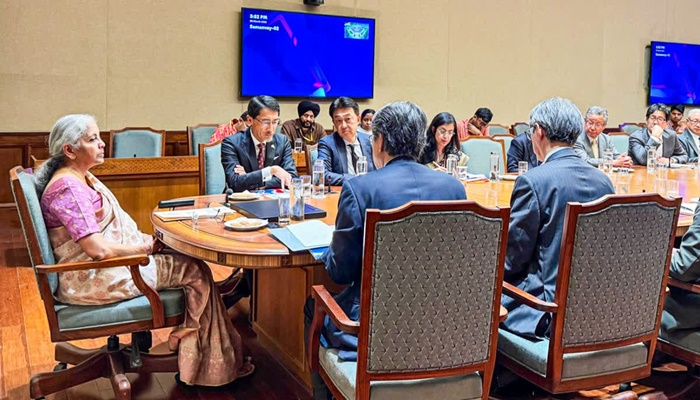Even as Indians continue to rise as global tech leaders, many still face racist mockery for their accents and appearance — a reminder of how prejudice shadows progress. The latest example comes from Silicon Valley, where two young innovators from India, Varun Vummadi and Esha Manideep, have faced a barrage of online hate despite their extraordinary success.
The IIT Kharagpur graduates recently announced that their voice-based AI startup, Giga, had raised $61 million in Series A funding, joining the ranks of India-born entrepreneurs shaping the global technology landscape. The duo, both Forbes 30 Under 30 honourees, shared the milestone through a video on X (formerly Twitter), revealing that their product is already being used by DoorDash and is now set to expand to several Fortune 100 companies.
But what should have been a moment of celebration was quickly marred by a wave of racist and appearance-based trolling. Instead of applauding their innovation, some users mocked their looks, accents, and Indian background. One commenter sneered, “If you raise $61M maybe hire attractive people for the demo.”
The remark sparked widespread outrage, prompting others to condemn the hate. “When people can’t compete in brilliance, they attack appearance. That’s not humour, that’s insecurity,” replied one user. Another quipped, “Watch them become millionaires while you’re stuck with a $12-an-hour job.”
Amid the noise, many rallied behind the founders. “They have an attractive product — that’s what matters. You don’t use X because Elon Musk is attractive; you use it because it’s a great product,” one supporter posted, capturing the broader sentiment.
Founded in 2023, San Francisco-based Giga develops voice-based AI systems capable of managing real-time customer interactions, handling multiple languages, and integrating seamlessly with large enterprise systems. Its technology enables AI to speak and chat simultaneously, a breakthrough that has impressed both investors and clients.
The founders’ journey is as compelling as their innovation. Varun rejected a PhD offer from Stanford University and a $525,000 quant trader job, while Esha turned down a $150,000 offer from an Indian high-frequency trading firm to pursue their startup dream. “We left all those opportunities to pursue our passion for solving challenging problems in machine learning,” Varun had written in an earlier LinkedIn post.
Their story — and the backlash that followed — exposes the persistent bias faced by Indian professionals in global tech spaces. From mocking accents to xenophobic jibes about “outsourcing,” such attitudes underscore how cultural prejudice continues to coexist with the celebration of diversity in the tech world.
Yet, for Varun and Esha, the noise seems only to amplify their achievement. In an industry driven by intelligence and innovation, their success stands as a testament that brilliance transcends accent and appearance — even when the world occasionally forgets it.




















